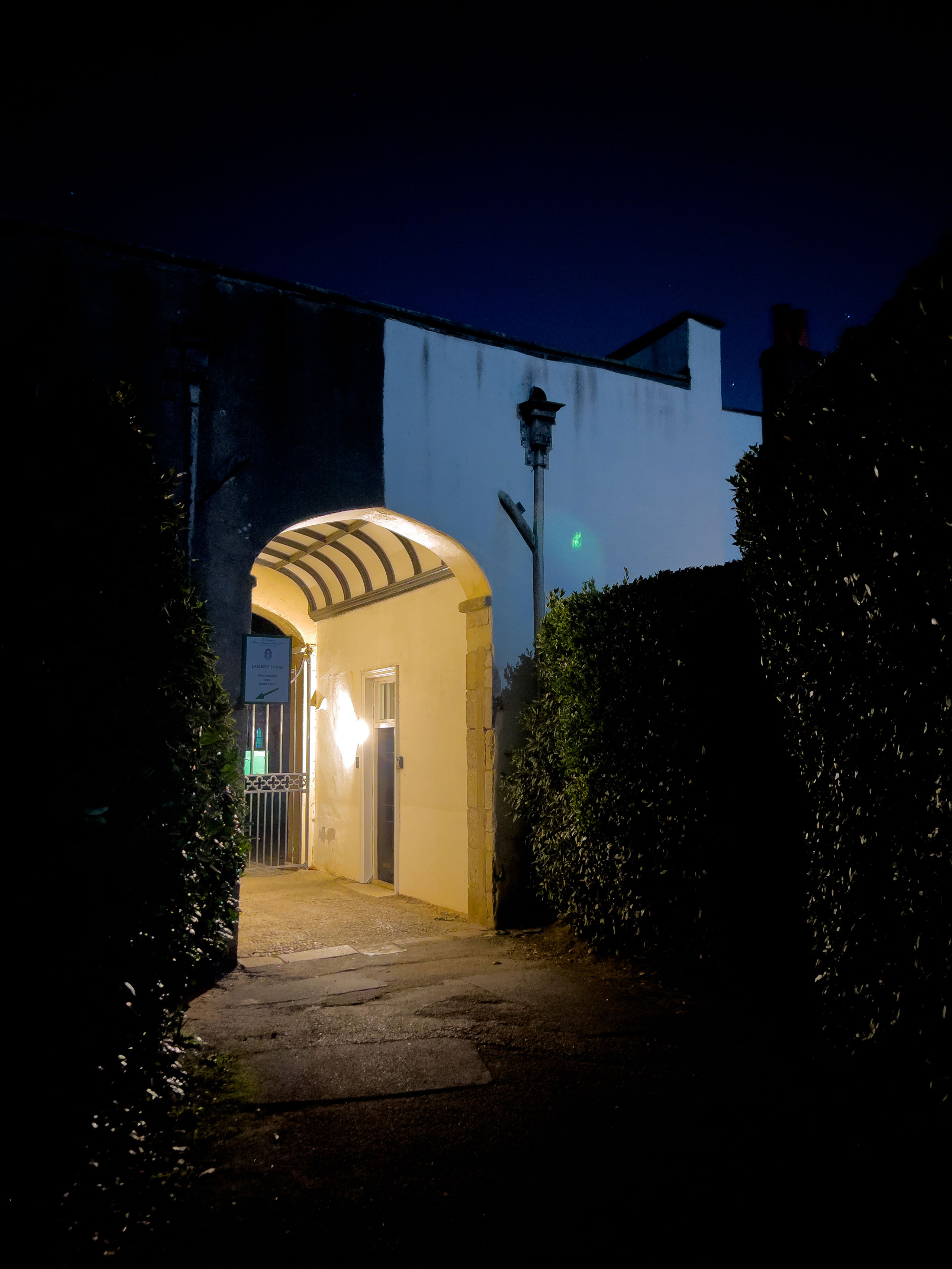
Technology evangelists are just the worst, right? You get a kind of blinkered, belief-driven tribalism that attacks any other viewpoint on sight. Oh boy. So here goes...
Even the best camera phones are not as good as real cameras – fact. The sensors are too small to compete on image quality and the lens choices are too muddled by multiple camera arrays, megapixel marketing and computational claptrap.
And yet smartphones are still capable of taking rather good photographs. So how does that work?
Well, it’s because photography is about more than just image quality. It’s also about the skill of the photographer. It’s knowing where to stand, how to compose an image, how to ‘read’ the light and how to choose the perfect moment. The fact is, smartphones do achieve a certain acceptable base level of satisfactory image quality, so that if you have all these other skills then you can use them to capture great images.
It might not seem that way. You might see countless awful smartphone images, a similar number of great ‘proper’ camera photos and conclude that smartphones are terrible. But don’t forget that the users are very different. Smartphone users are not skilled in the same way that camera users are.
So what happens if you bring proper camera techniques to shooting with a smartphone? Well I think you get proper photographs. I’ll offer you some examples, if I may. They’re all taken on an iPhone 13 Pro Max, a positive antique by today’s smartphone standards, but that doesn’t matter. It’s quite good enough.






Smartphones do have some technical advantages of their own. My iPhone can capture a seamless high-resolution panoramic image in-camera, on the spot, whereas if I do it with a proper camera I have to stitch the frames later in software. My iPhone’s in-camera on-the-spot HDR is more effective than any in-camera HDR. My iPhone can also capture noise-free hand-held multi-frame low-light exposures in a way that none of my cameras can.
The most important thing for me is that I ‘see’ the world differently with my iPhone. I capture images with a spontaneity, invention and immersion that doesn’t come naturally with a camera. It’s as if the pressure’s off. I can just concentrate on the image itself, not a thousand and one camera settings that I might have forgotten to get right. Oh, and my phone’s screen is twice the size of my camera’s, and its stabilization is in a different league.
So my point is that smartphone cameras are not as good as ‘real’ cameras in a technical sense – of course they aren’t – but very often they are still good enough to take good photographs, as long as you give your phone the same respect that you give your camera.
Check out our guide to the best camera phones in 2025







